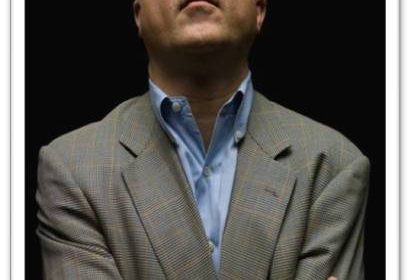During the coaching certification class, I had several insights from reviewing the Code of Ethics with regards to myself as a future Life Coach specializing in ADHD Coaching. When working with individuals who have ADHD, the Code of Ethics is particularly important because one of the skills they may struggle with is impulse-control. In addition, other weak and/or underdeveloped skills may include time management, emotional control, prioritization, and certain social skills. As a result, some people with ADHD are 2-3 years behind their peers in skills maturity. Having a clear Code of Ethics, with some areas even tighter than normal, is vital in the relationship between ADHD client and coach.
Furthermore, the role of a Code of Ethics between an ADHD client and coach also provides a tangible “first step” in building a trusting relationship. This is especially critical in the case of an individual with ADHD who has a difficult time trusting a professional specializing in ADHD. In some instances, for example, it doesn’t matter to the ADHD client that coaching is all about the client and the focus is always on the client because h/she may have had a terrible experience with someone else, like a teacher, tutor, or even parent that may have made the ADHD client feel badly about him/herself, even if unintentional. Some people with ADHD have been called lazy, irresponsible, stupid, naughty, or a whole host of other negative terms before they have even reached a coach’s office. Therefore, it is that much more important for a valued trust to be established, and I think having a Code of Ethics is a wonderful way to begin forming that trust. It is a very objective thing between two subjective people (client and coach) and therefore is a great balance.
In recognizing the diversity among the human race and between the cultures of our world, it is important to use the Code of Ethics in all forms: online, in discussion, and in writing to accommodate visual, auditory, and kinesthetic learners, and also to reiterate these codes in various parts of the coaching relationship between my client and myself.





